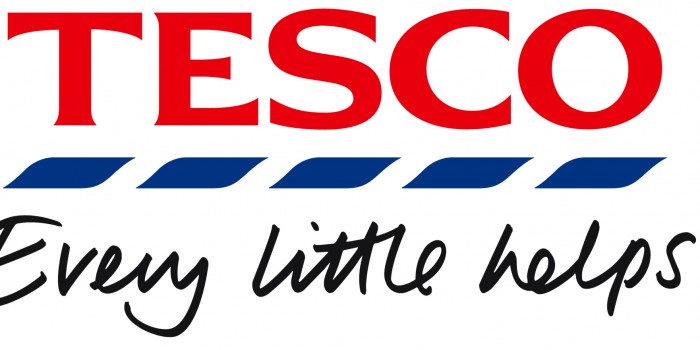Learning from Bus Buddhists
In psychological terms, context is almost everything. Much as we like to think that we know how we will act and react in a given situation, without the richness of...
Why Discount Supermarkets aren’t All They Seem

The news today has been dominated by the announcement from the UK’s biggest supermarket chain that their profit fell by 6% to £3.3bn.
Having just been invited to participate in a discussion on national radio about this news, what intrigued me was the psychology of the debate.
The results create a negative prime and most of the callers into the radio show started their ‘reaction’ with a stinging indictment of Tesco’s customer service, products or prices. In fact, had a Martian been listening to the vehement critique of the retailer he would surely have assumed that the company was down to it’s last store and that tumbleweed was blowing down the aisles where shoppers used to be!
In reality, Tesco still meets the supermarket shopping needs of more customers than any other company.
Undoubtedly they have struggled under the competitive pressure from both sides of the economic spectrum: Waitrose has expanded and is positioned at the more premium of end of the spectrum for people who want to buy things in a nicer environment. Aldi and Lidl (and ‘Pound’ stores) have swept into the value end of the market.
I suspect that Tesco has struggled to wage war on two fronts simultaneously and that, in the process of trying to do so, it has confused itself a little. They have always competed on price – and they have done so more aggressively over the last few years – but they have also tried to meet the needs of the more indulgent shopper: however, it’s hard to know how, in an environment that is bombarding shoppers with discount deals, the same people can allow themselves to feel good about indulging.
Put another way, where you are so tenacious about conditioning shoppers to buy on price, it’s going to be harder to get them to buy for other reasons (such as indulgence and status).
There is something fascinating, and in my experience unique, about the British psyche when it comes to success. In what I suspect is a legacy of the class system and the majority’s resentment of the aristocracy, we now direct our ire at anyone or anything that appears to have scale and power. So it is that we delight in the downfall of celebrities and rage against large companies that want to open another store in our local High Street (as happened with Tesco where I live).
The criticisms of Tesco driving down the prices farmers get and influencing shoppers with pricing tricks are often highlighted as examples of the harm that they do. Of course, the flip side of this is that we collectively benefit from the price competition and all stores have to find a way of delivering a profit. To do so they will all play on customer psychology.
No one (and I didn’t get the chance) mentioned the tricks that the so-called ‘Discount supermarkets’ use and that deliver huge profits to their owners. Customers are encouraged by these stores’ adverts to frame the prices against mainstream brands: these brands have developed the products that are being copied, brought them to our attention and encouraged us to love them. This development and marketing process isn’t free and there is a high level of failure: the discounters undertake no such efforts on our behalf.
The discounters play on a low price heuristic. They rely on the fact that customers will believe that, because the supermarket has said they are cheap and flagged some bargains everything is cheap. They reinforce this using environmental cues that are entirely congruent with somewhere cheap: the stores are messy, we don’t recognise the brand names, the same products aren’t always available, and so on.
But they are still extracting large profits from some products. A quick comparison on a tin of baked beans shows that I can buy a four pack from Aldi in a brand I’ve never heard of for the equivalent of 72.9p per Kg. I could buy individual tins of Tesco’s Everyday Value baked beans for 57p per Kg (and I don’t need to buy four to get that price).
Another trick that the discounters use is to add in impulse purchases at (probably) high margins. They play on the fact that shoppers will misattribute both the low price heuristic, the ‘lucky dip’ style merchandising and bold ‘it must be a good deal’ price labelling. This creates two wins: it gets people to buy stuff that they didn’t arrive knowing that they wanted, thereby increasing the average amount spent, and it does so at a high margin. On a recent visit to Aldi I found a mini drill that I thought my son would like: but a quick comparison showed that it was priced at 50% more than an equivalent product that I could buy online.
So people should be wary of the fact that their own psychological and social biases might very well be leading them astray. If what they want is to buy their food well they need to understand their own psychology and that of the shops they visit. Jumping on the bandwagon of knocking Tesco might cause you both inconvenience and cause you to spend more on your shopping!